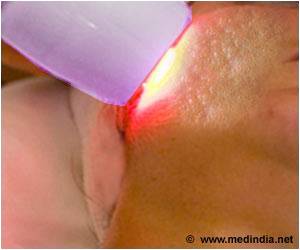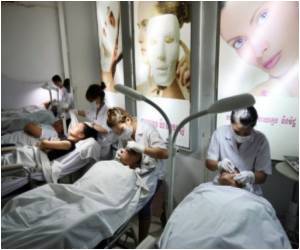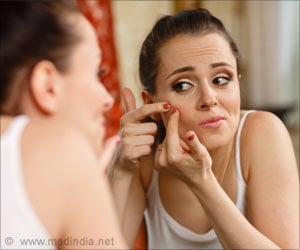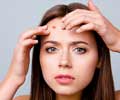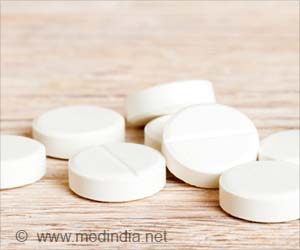Women and girls overall quality of life were found to be more affected by Severe Acne when compared to boys, finds a new study.
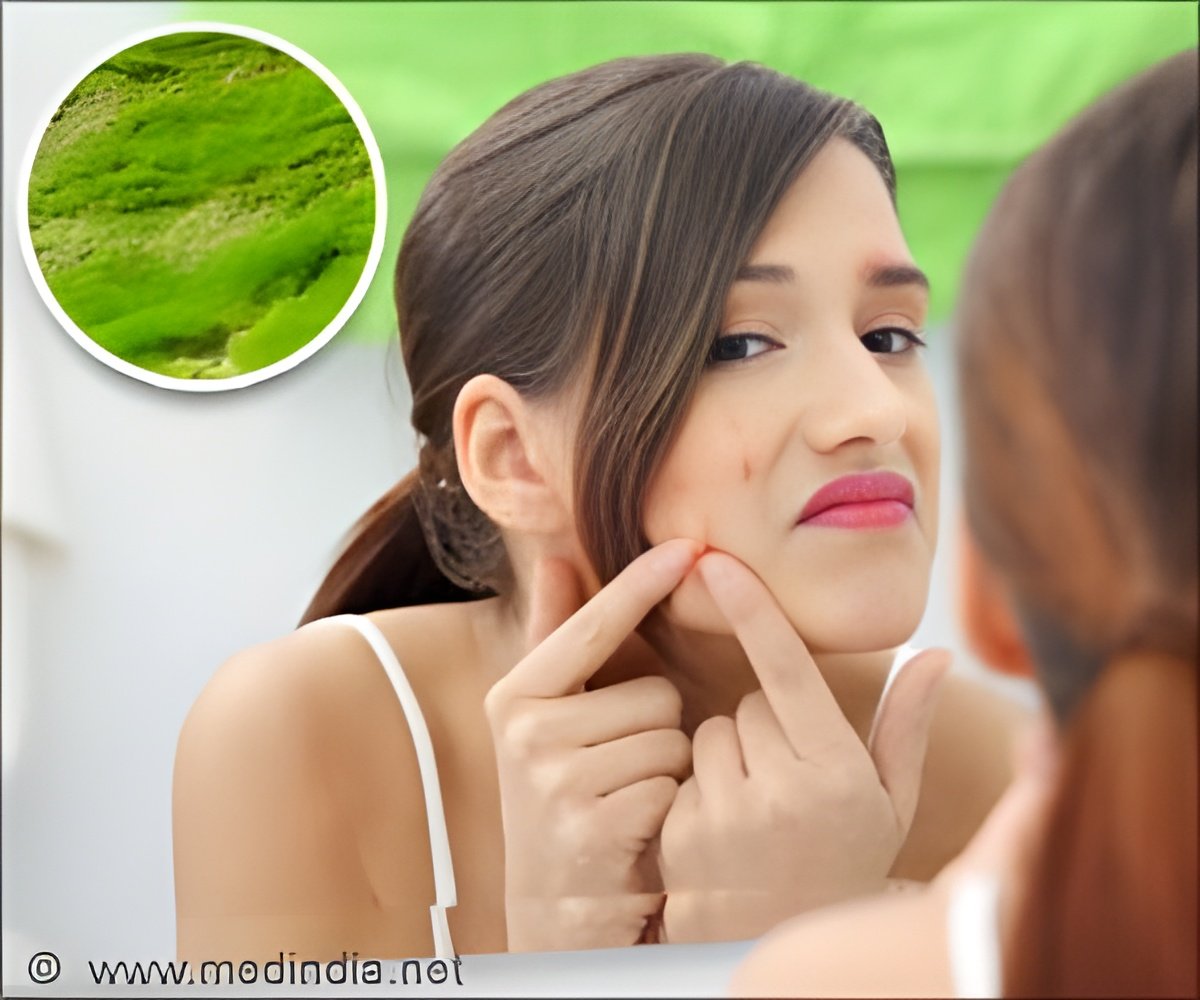
‘According to the lead author, the findings showcase the wider negative impacts some acne sufferers experience and how it needs to be dealt with, i.e., with sensitivity and support. ’





Females in the study reported greater impairment of life quality and more symptoms than males. Acne severity was significantly correlated with health-related quality of life and psychological distress. UL researchers Dr. Aisling O'Donnell and Jamie Davern conducted the study to investigate whether acne sufferers' perceptions of stigmatization significantly predicts psychological and physical health outcomes; specifically the health-related quality of life, psychological distress, and somatic symptoms.
"We know from previous research that many acne sufferers experience negative feelings about their condition, but we have never before been able to draw such a direct link between quality of life and perception of social stigma around acne," said Dr O'Donnell of the Department of Psychology and Centre for Social Issues Research at UL.
Survey respondents who perceived high levels of acne stigma also reported higher levels of psychological distress, anxiety, and depression as well as somatic conditions such as respiratory illness.
"The findings of this study echo previous research showing that individuals with visible physical distinctions, which are viewed negatively by society, can experience impaired psychological and physical well-being as a result," Dr. O'Donnell continued.
Advertisement
"Like many physical attributes that are stigmatized, acne is not well represented in popular culture, advertising or social media. This can lead people with acne to feel that they are 'not normal' and therefore negatively viewed by others. Online campaigns like #freethepimple and the recent 'acne-positive' movement emerging on social media is an encouraging development for people of all ages that are affected by acne," he explained.
"Importantly, the findings provide further support for the comparatively limited amount of studies investigating physical health problems experienced by acne sufferers. This is important information for clinicians dealing with acne conditions. It's also useful for those who are close to acne sufferers. The wider negative impacts some acne sufferers experience are very challenging and require sensitivity and support," Mr. Davern concluded.
Source-Eurekalert

